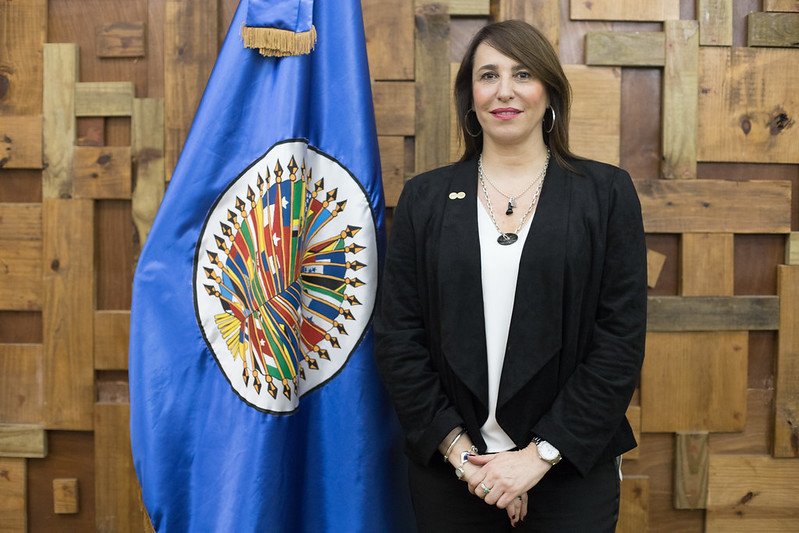Brazil Receives a Visit from the Special Rapporteur DESCA of the Inter-American Commission on Human Rights
WBO Press release May 28
Soledad García Muñoz will visit São Paulo, Brasília, Salvador and Rio de Janeiro in June
Final report must indicate diagnosis and recommendations to protect human rights, environmental, social, economic and cultural rights
Specialist Soledad García Muñoz, Special Rapporteur on Economic, Social, Cultural and Environmental Rights of the Inter-American Commission on Human Rights (IACHR) will be in four Brazilian capitals – São Paulo, Brasília, Salvador and Rio de Janeiro – from June 11th to 17th. The official visit, agreed up by the Brazilian government, meets a demand from human rights organizations and social movements in Brazil and serves to monitor the situation of economic, social, cultural and environmental rights in the country and should result in issuing a public statement with findings and recommendations.
The invitation for the rapporteur's visit was made by a group of 25 organizations from Brazilian civil society, who asked the special rapporteur to come and check in loco issues such as hunger and the right to food security; the labor situation of e-commerce delivery drivers, domestic workers, and those in the informal economy; issues related to freedom of artistic expression and cultural rights,;the situation of economic, social, cultural and environmental rights (DESCA) for the Black population, the LGBTQI+ community, and Indigenous Peoples; and the protection of human rights defenders, in addition to themes related to the environment, such as, the country's responses to climate change, the protection of the environment, and the possible adoption by Brazil of the Escazú Agreement.
The agenda includes meetings with authorities from the three branches of the government in Brasilia.
“This is the first official visit of an IACHR special rapporteur to Brazil since the beginning of the Bolsonaro government. Over the last four years there has been a distancing of the country from international bodies for the promotion and protection of human rights. The new Brazilian government has correctly resumed the practice of opening the country to international scrutiny in terms of human rights,” said Paulo Abrão, Executive Director of the WBO (Washington Brazil Office), who was the Executive Secretary of the IACHR from 2016 to 2020.
The WBO is one of the 25 organizations that managed to bring the Special Rapporteur to Brazil. The other organizations that make up the organizing committee of the visit are: Ação da Cidadania, Articulação para o Monitoramento dos Direitos Humanos (AMDH), Artigo 19, Associação Brasileira de Relações Internacionais, Associação Brasileira de Lésbicas, Gays, Bissexuais, Travestis, Transexuais e Intersexos (ABGLT), Associação Brasileira de ONGs (ABONG), Black Women Policy Lab, Centro de Estudos das Relações de Trabalho e Desigualdades - CEERT, CENDHEC - Dom Helder Câmara, CUT - Central Única dos Trabalhadores, Geledés - Instituto da Mulher Negra, IBASE, Instituto João e Maria Aleixo, Instituto Marielle Franco, Instituto Vladimir Herzog, LabJaca - Laboratório de dados e narrativas sobre favelas e periferias, Movimento de Justiça e Direitos Humanos (MJDH), Movimento dos Trabalhadores Sem-Teto (MTST), Movimento de Trabalhadores e Trabalhadoras por Direitos (MTD), Movimento Nacional de Direitos Humanos (MNDH), N'zinga Coletivo de Mulheres Negras, Odara - Instituto da Mulher Negra, Redes da Maré, SMDH, Sindomésticos da Bahia.
The IACHR is a body that was created in 1959 and is headquartered in Washington.Together with the Inter-American Court of Human Rights, based in San José, Costa Rica, it makes up the Inter-American System of Human Rights, which operates autonomously and independently of the OAS. The role of the IACHR is to promote, defend and protect human rights in the 35 countries of the Americas.

